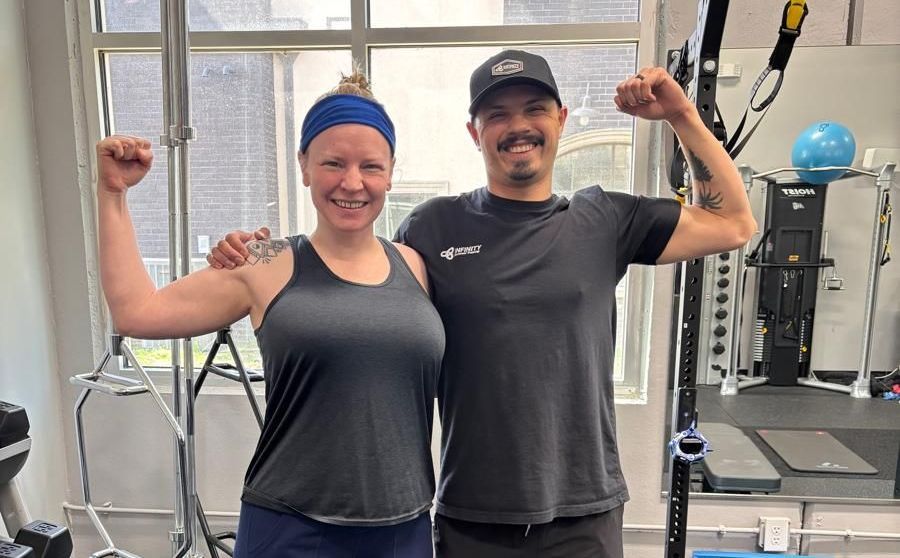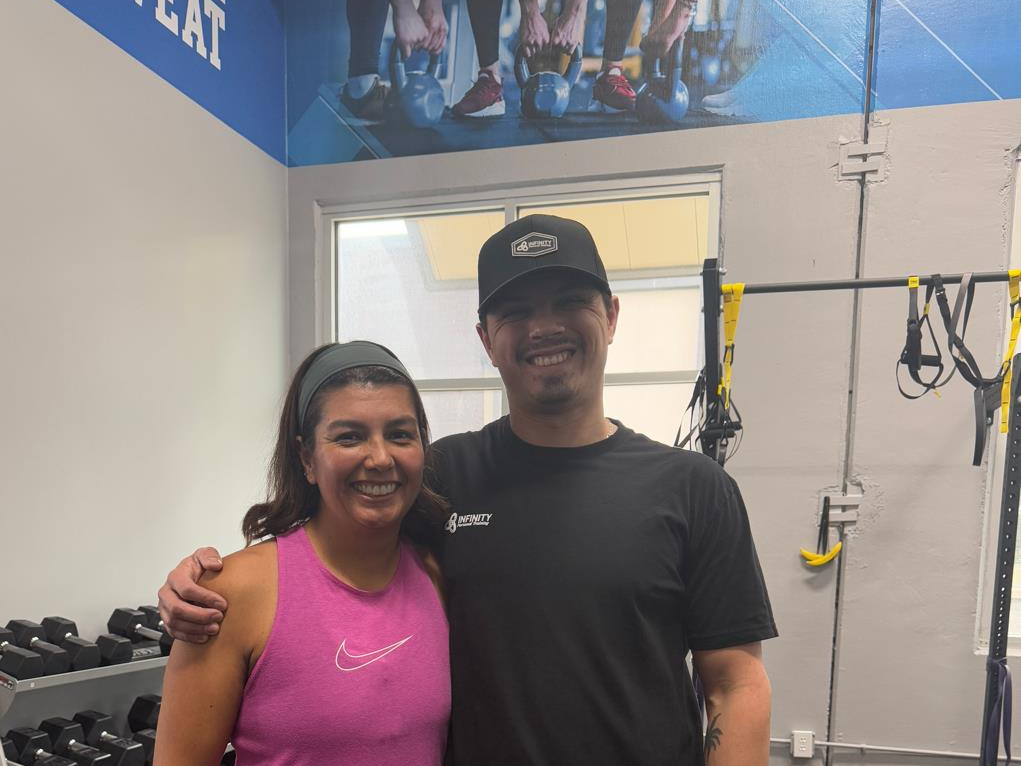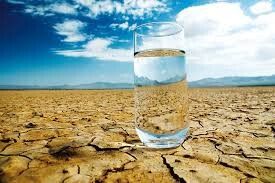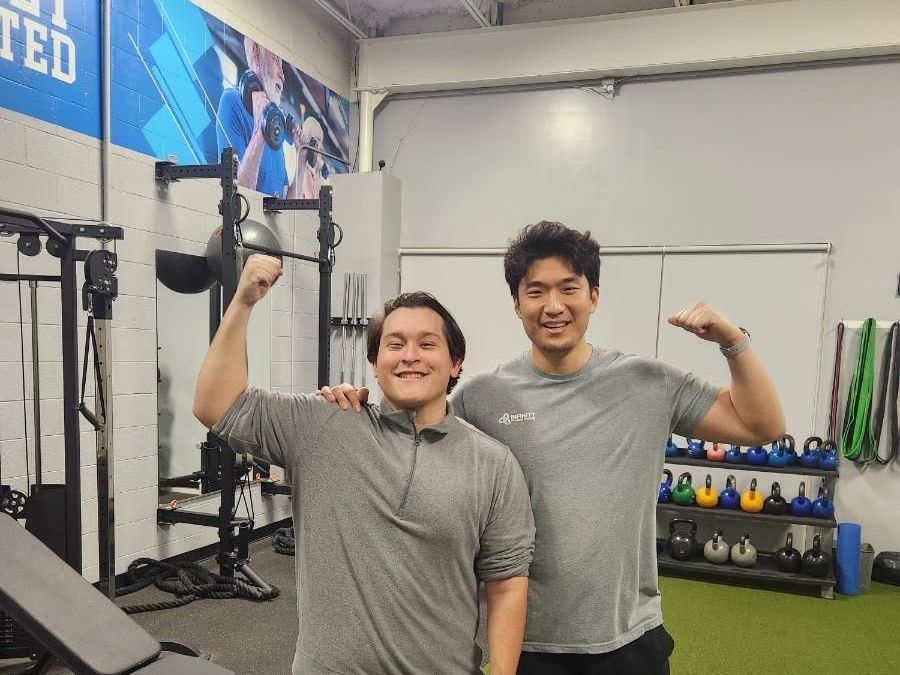3 Major Things that are Affecting Your Workout Performance
1. Lack of water – I’ve said it before and I’ll say it again and again: If there is one thing everyone can do to greatly improve their health, it would be to drink enough water. Water accounts for 60% of your total bodyweight. It acts as a transporter, a solvent, a catalyst, a lubricant, a temperature regulator, and a mineral source. With all those important jobs to fulfill, it’s pretty impossible for your body to function at it’s highest potential without water or enough of it for your bodyweight. Many of us wait until we are thirsty to drink or quench the thirst with something other than water. The problem is your body doesn’t trigger thirst until you have already lost 1 -2 % of body water. Even with that little of a loss, your body is already starting to decline. It not only negatively affects your performance during a workout but you are well on your way to becoming dehydrated. This causes symptoms such as headache, fatigue, low blood pressure, dizziness, nausea, rapid heart rate and constipation, just to name a few. And unlike other stimuli, your body does NOT ever adapt to dehydration.
2. Lack of sleep – Did you know in 1910, people were getting on average 9 hours of sleep? Today, most people are getting about 6 hours a night. The drastic changes in our lifestyles in the last 100 years have also caused a major decline in our snoozing time. Less sleep ups your level of cortisol. So what’s the big deal with that? Cortisol is what triggers your flight or fight response. It’s basically puts your body in a state of stress, even if you don’t necessarily feel it. This activates fat storage (literally the exact opposite of what you want when exercising and eating right). It also releases sugar into your bloodstream for the burst of energy it thinks you need. Leptin and ghrelin are two other hormones that get messed with due to less sleep. Leptin is supposed to decrease your appetite and help you realize you are not hungry anymore and ghrelin increases your appetite and tells you are hungry. When you get enough sleep, they were as they are supposed to. But when you don’t, they do the reverse so you basically trigger your body to want to eat more.
3. Stress – We already know that stress affects cortisol. So what else can it do? All the trillions and trillions of cells in your body are in two modes – growth or stress. While in growth mode, your cells are ready to absorb nutrients, oxygen and energy. They also get rid of waste and toxins as well as continue to reproduce. Guess what happens when it’s in stress mode? They don’t absorb ANY nutrients or clean out toxins and waste. They become deficient in oxygen and energy. And they are much more likely to convert into a diseased cell. Imagine if you are always in a stressed state? Regardless of what you are eating or how hard you are working out, your cells are not cooperating. Stress also hinders your motor skills and coordination along with your concentration, making workouts harder…and not in a good way!
The point here was to hopefully get you to understand the impact these factors may be having on your performance. Are you stuck in terms of your results and can’t figure out what foods to change or how to work harder in your workouts or get more days in? Then it’s time to take a good hard look at your water intake, your sleep patterns and your level of stress. Any one of them can easily put a kink in your plans.
So what now? Truly think about how these may be affecting you and how you can work to change them. But the first step is to simply acknowledge that they are there.
If you're interested in learning more about our program and how it can help stay fit, drop body fat and get the body you want click here!
You might also like







